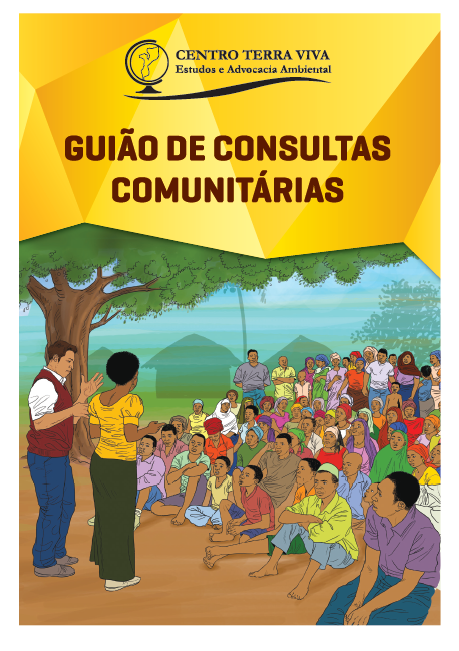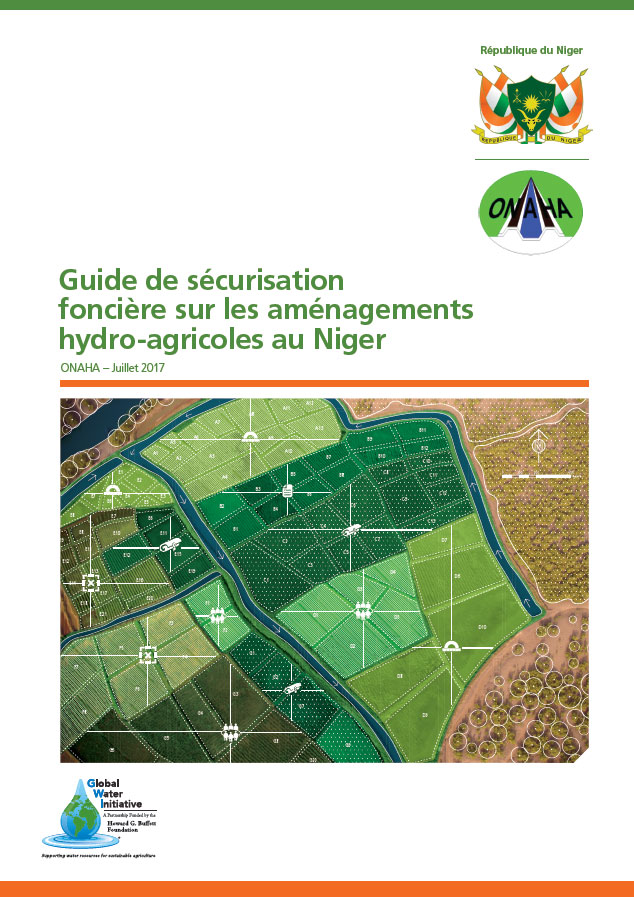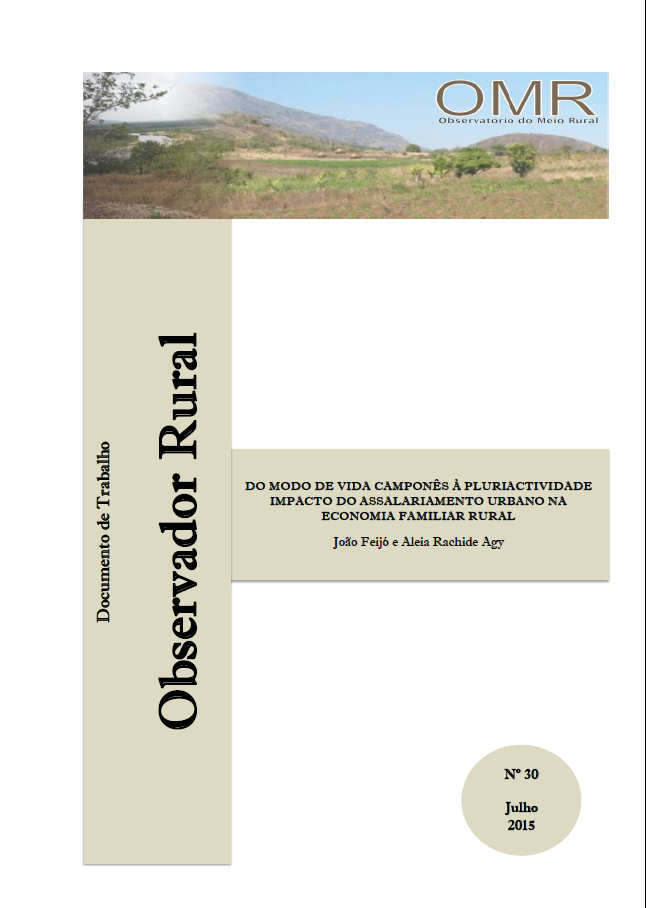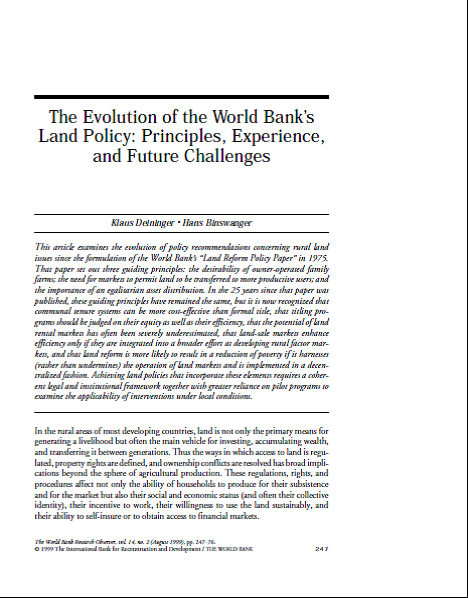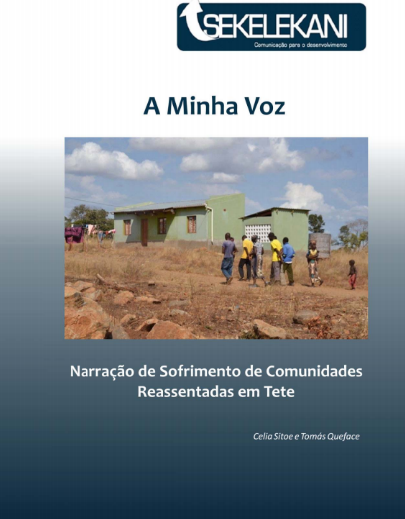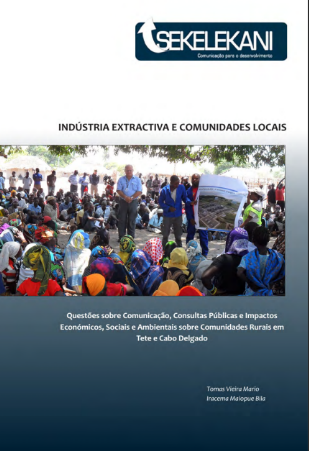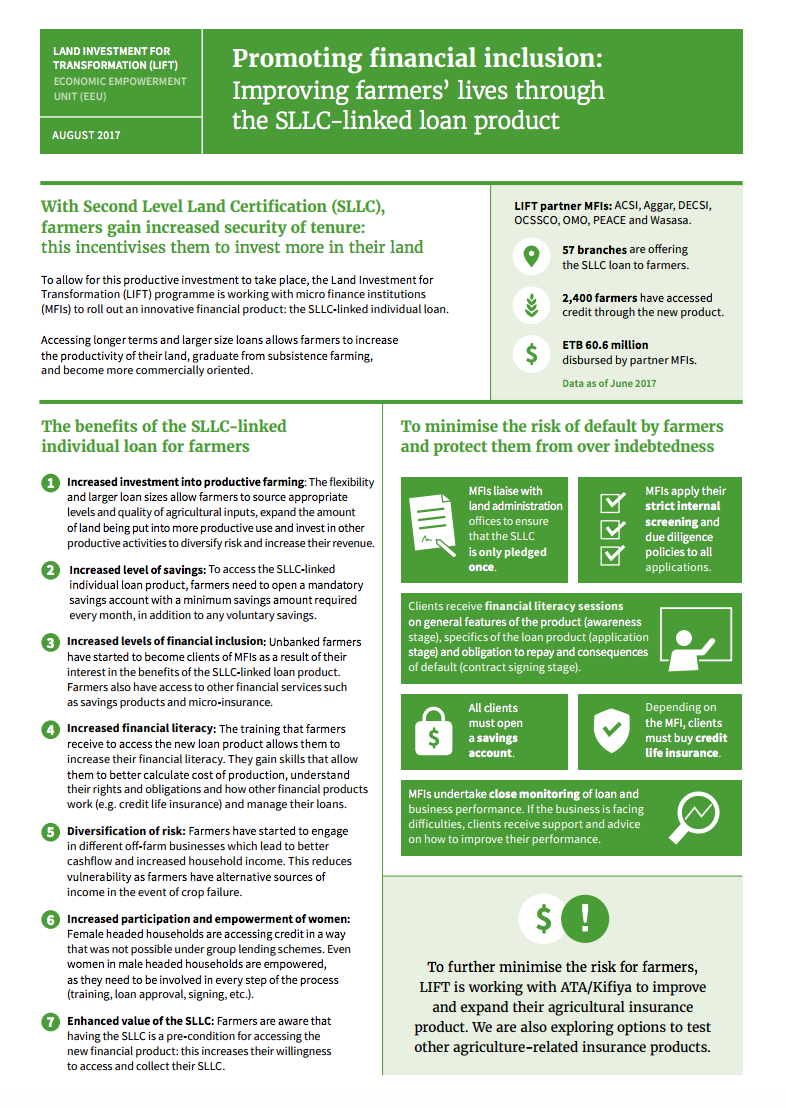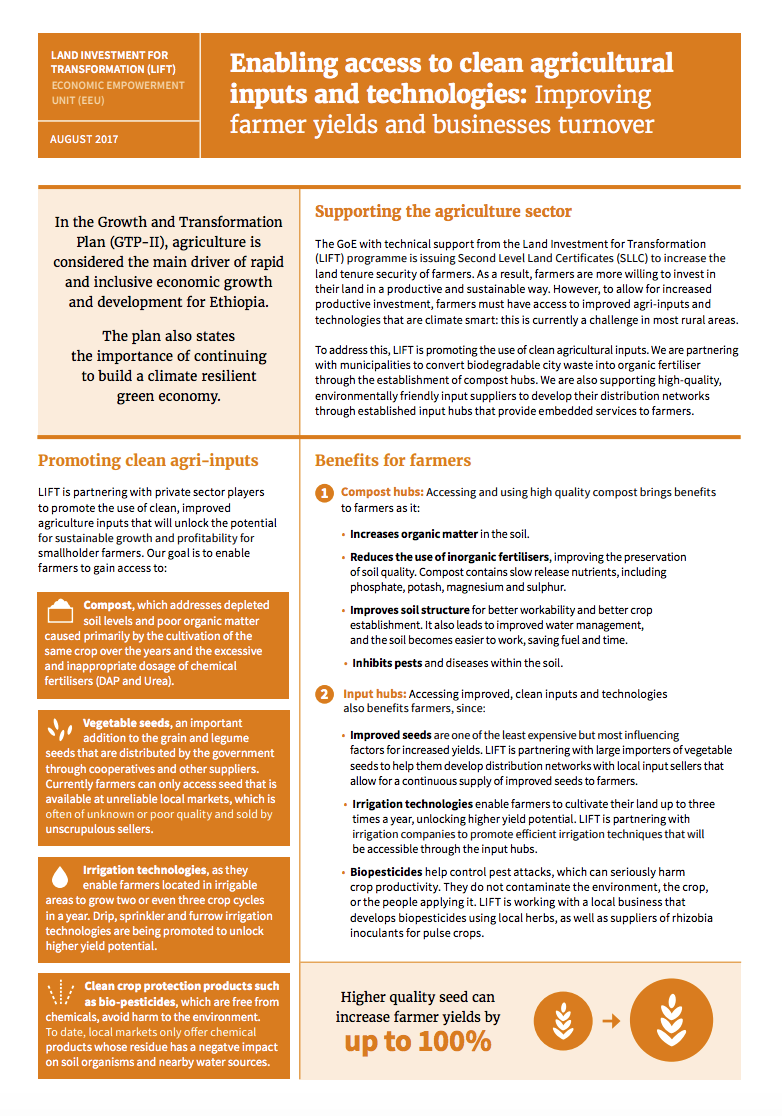THE MISSING MIDDLE:
This learning brief suggests that one of the factors limiting the ability of the country to make good on its constitutional obligations relating to land reform is that we, as a country, have a missing middle – smallholder plots – when it comes to land reform.


